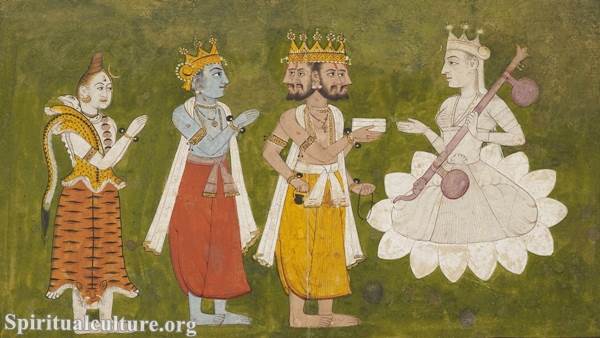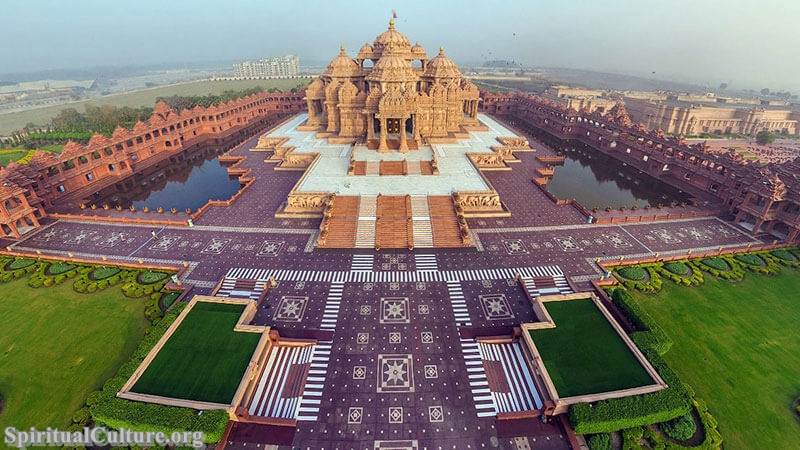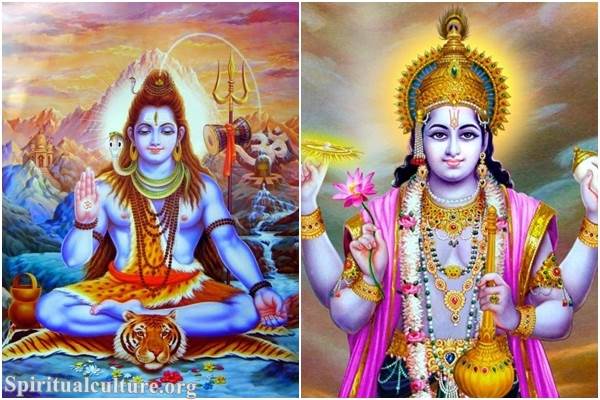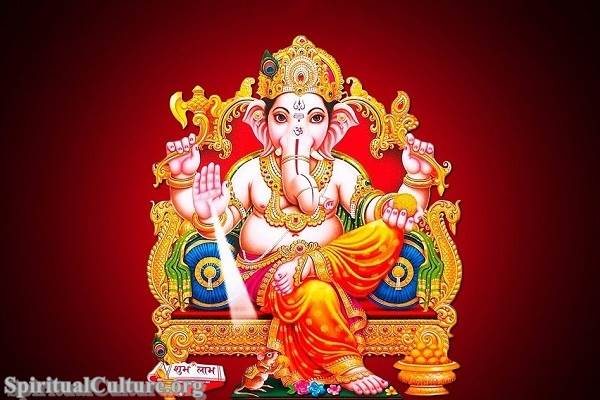Hinduism is a diverse religious tradition with a long and complex history. It is one of the oldest and most influential religions in the world, with millions of followers in India and around the globe.

The main points of Hinduism can be summarized as follows:
- The belief in one ultimate reality or supreme being called Brahman is the ultimate source of all things and is revered as the eternal, infinite, and all-pervading consciousness.
- The belief in the cyclical nature of existence, with the soul (atman) undergoing a cycle of reincarnation through various lives until it achieves spiritual enlightenment and liberation from the cycle of rebirth (moksha).
- The belief in the power of karma, the law of cause and effect, holds that a person’s actions in this life determine their circumstances in future lives.
- The importance of dharma, the moral and ethical code that guides individual behavior and helps to create harmony in the world.
- Yoga is important to physical, mental, and spiritual practices that help individuals achieve self-control, inner peace, and spiritual enlightenment.
- The guru, or spiritual teacher, guides individuals along the spiritual path and helps them realize their full potential.
- The belief in a wide range of deities and deities, including the Trimurti (Brahma, Vishnu, and Shiva), represent different aspects of the ultimate reality and are revered as incarnations or aspects of that ultimate reality.
- The importance of devotion and rituals in the Hindu tradition, including puja (worship) and the use of sacred texts such as the Vedas and the Upanishads.
- The central role of the caste system in traditional Hindu society is that individuals are born into a specific social group and have a predetermined role in society based on their birth. This aspect of Hinduism has been widely criticized and has undergone significant reform in modern times.
- The importance of festivals and celebrations in Hinduism, which mark important events in the lives of deities, commemorate important events in Hindu mythology and serve as opportunities for devotees to come together and express their devotion. Some well-known Hindu festivals include Diwali, Holi, and Navaratri.
- The belief in the power of puja, or ritual offerings and prayers, as a means of seeking blessings, protection, and spiritual fulfillment. Puja can be performed individually or in a group, involving various ritual objects such as incense, flowers, and sacred texts.
- The importance of ahimsa, or nonviolence, in Hinduism. This principle is often interpreted as believing in all living beings’ inherent worth and dignity and that violence is never justified.
- The belief in the unity of all things and the interconnectedness of all living beings is expressed in the Hindu concept of vasudhaiva kutumbakam, which means “the world is one family.” This principle is often interpreted as a call for compassion, tolerance, and understanding towards others, regardless of their background or beliefs.
- The belief in the power of meditation and mindfulness as a means of achieving self-realization and spiritual enlightenment. Hinduism strongly emphasizes the inner journey toward spiritual growth and self-discovery.
- The belief in the power of the guru, or spiritual teacher, to guide and inspire individuals along the spiritual path. Hinduism emphasizes the importance of seeking out a guru who is well-versed in the tradition and can provide guidance and support as an individual progresses on their spiritual journey.
- The belief in the power of mantras, sacred syllables, or phrases that are believed to have spiritual significance and to possess the power to transform the mind and consciousness. Hindus may use mantras to focus the mind, calm emotions, and achieve spiritual enlightenment.
- The belief in the power of yajna, or sacred rituals performed in the presence of fire, as a means of purification and spiritual transformation. Yajna rituals may involve offering various substances, such as grains, ghee (clarified butter), and milk, into the fire to seek blessings, protection, and spiritual fulfillment.
- The belief in the power of samskara, or rites of passage, marks important transitions in an individual’s life, such as birth, coming of age, marriage, and death. These rituals are believed to have the power to purify and transform the individual and to bring them closer to spiritual enlightenment.
- The belief in the power of puja, or ritual offerings, as a means of expressing devotion and seeking blessings from the divine. Hindus may perform puja in the form of offerings of flowers, incense, and other ritual objects, as well as through the recitation of mantras and the singing of devotional songs.
- The belief in the power of dharma, or moral and ethical conduct, as a means of achieving spiritual fulfillment and creating harmony in the world. Hindus are encouraged to follow a code of dharma based on honesty, compassion, nonviolence, and self-control.




